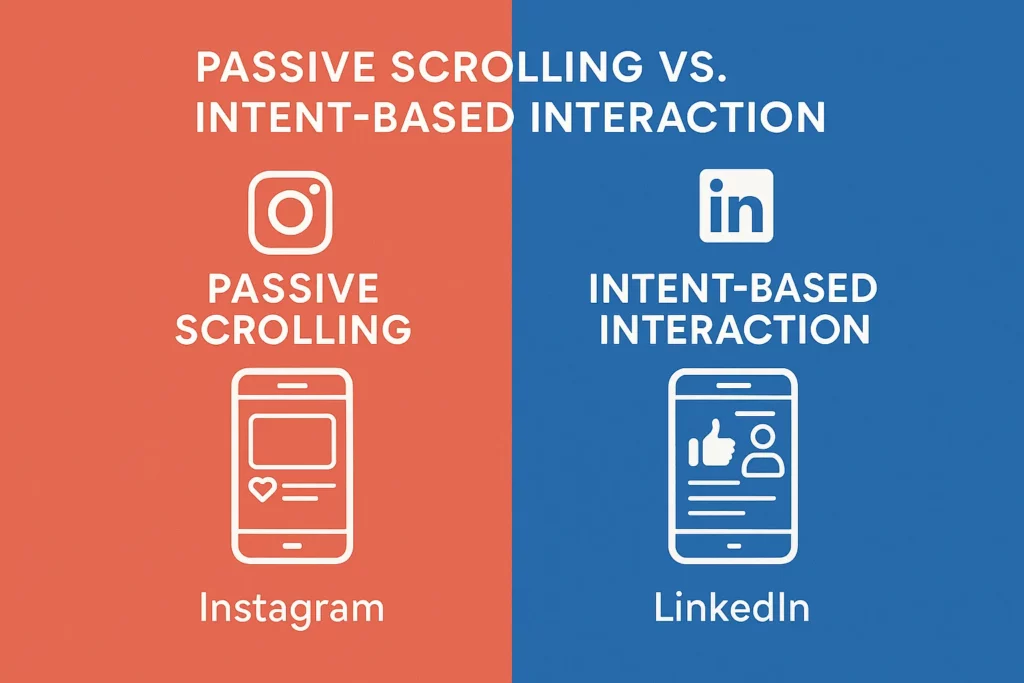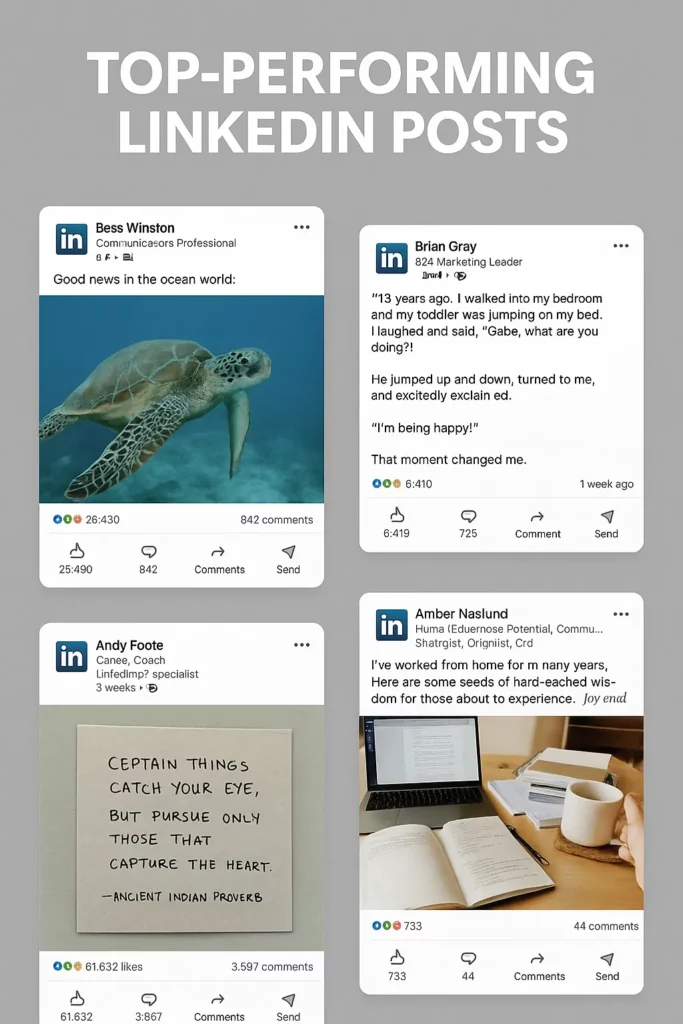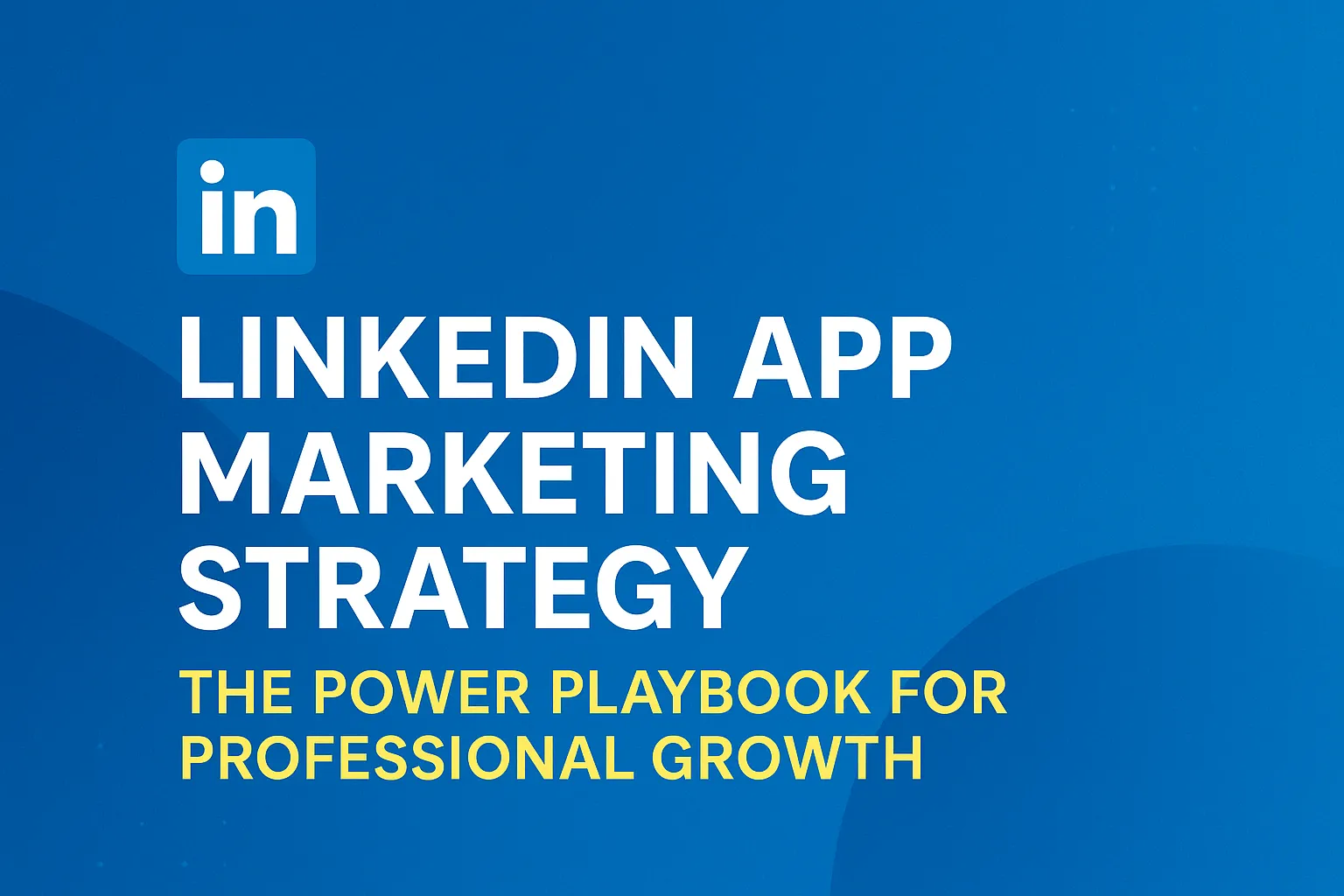You know that feeling when you finally get that “Your post is trending” notification on LinkedIn? Pure dopamine. And not just because of the likes, but because every interaction might be your next investor, co-founder, or top hire. In a world buzzing with TikTok dances and Instagram filters, LinkedIn is where real business happens—and it’s far from boring.
Founders, solopreneurs, and creators alike are rediscovering LinkedIn as the go-to stage for personal branding, lead generation, and thought leadership. It’s no longer just a resume dump—it’s a digital conference room where one good post can land you 10,000 impressions and three client calls by lunch.
And if you’re dreaming of building the next LinkedIn app or growing your clone app’s user base with the same professionalism-meets-virality formula, this blog’s your cheat sheet. At Miracuves, we specialize in helping you turn that vision into a monetizable, scalable platform—let’s dive in.

The Psychology Behind LinkedIn: More Than Just a Resume Dump
A Network of Intent
Unlike other social platforms where users browse mindlessly, LinkedIn users are active with intent—whether to hire, sell, connect, or grow. This makes the platform (and its clones) a goldmine for high-converting audiences.
Algorithms That Favor Conversations
LinkedIn’s feed rewards comments over likes, long-form posts over pretty photos, and niche engagement over viral fluff. If you’re building a clone, mimic this engagement algorithm to encourage thoughtful content.
Learn More: LinkedIn Explained: What It Is & How It Works
Must-Have Features to Build a “LinkedIn-Style” App
Profiles That Mean Business
Ditch the selfies. These profiles need:
- Skills & endorsements
- Work history with portfolio links
- Recommendations (social proof)
- Activity feed for personal branding
Feed That Fuels Thought Leadership
Don’t aim for TikTok-level virality—aim for authenticity. The ideal content includes:
- Micro-blogs (think 300-word storytelling)
- Commentable job posts
- “Open to network” signals
Built-In Lead Gen Tools
Let users:
- Create gated content (PDFs, webinars)
- Enable “Book a Call” CTAs
- Auto-tag leads via CRM integrations
Learn More: LinkedIn Features List for Entrepreneurs & Creators
LinkedIn App Marketing Strategy That Actually Works
Step 1: Find Your Niche, Then Speak to It Loudly
Are you targeting HR managers? Freelancers? Startup devs? You can’t “go wide” on day one. Create:
- Topic-specific hashtags
- AI-powered connection suggestions
- A job board filtered by niche
Example: A clone app tailored to “female founders in SaaS” with curated content and network suggestions will build traction faster than a generic professional network.
Step 2: Content Marketing, But Professionalized
Posts That Perform:
- “Lessons I learned from failing my first startup” → Authenticity
- “We’re hiring: Why our culture thrives on transparency” → Opportunity
- “The tools I used to grow from 0 to 100K MRR” → Value
Step 3: Turn Your Users into Evangelists
Every user can be a walking, talking ad—if you reward them:
- Create a shareable badge for hitting milestones
- Add invite-based referral perks
- Highlight top contributors in the feed
According to TechCrunch, apps with embedded social proof features see 36% more organic user growth.
Step 4: Don’t Ignore the Power of Groups
Groups are where sticky users live. Use them to:
- Host niche communities (e.g., “Remote Product Managers India”)
- Run weekly AMAs or webinars
- Seed early engagement loops
Step 5: Paid Ads That Feel Native
LinkedIn ads aren’t cheap. So if you’re offering them in your clone app, make them:
- Industry-specific (no generic banners)
- CTA-powered (book demo, download ebook)
- Conversation-driven (polls > promos)
Metrics That Matter (Don’t Just Count Connections)
Track:
- Weekly active professionals (not just DAUs)
- Profile completion rates
- Post engagement > link clicks
- Time spent in groups
- Referral vs organic growth ratios
Use tools like Firebase, Mixpanel, and custom analytics dashboards for deep dives.Conclusion: Professional Platforms Deserve Professional Strategy

Conclusion
A LinkedIn-style app isn’t just another social platform—it’s a high-trust network with the power to generate deals, build reputations, and change careers. Whether you’re bootstrapping a professional community or scaling a full-blown LinkedIn alternative, your marketing strategy needs to be laser-targeted, content-driven, and user-obsessed.
At Miracuves, we help innovators launch high-performance app clones that are fast, scalable, and monetization-ready. Ready to turn your idea into reality? Let’s build together.
FAQs
Is LinkedIn clone app marketing different from other social apps?
Yes—it’s intent-based. The audience is more focused, and conversions are deeper rather than viral. You market trust here.
What content works best on LinkedIn-type platforms?
Personal storytelling, business learnings, hiring posts, and value-packed insights. Keep it real, useful, and niche-focused.
Should I build a LinkedIn clone for a specific industry?
Absolutely. Going niche—like “LinkedIn for Creators” or “LinkedIn for Nurses”—can fast-track traction.
How do I get users to stay active?
Enable profile streaks, conversation nudges, post prompts, and community groups. Keep giving them reasons to return.
Is monetization possible in a LinkedIn-style app?
Definitely. From premium job listings and lead gen tools to ad slots and memberships—multiple revenue streams exist.
How soon should I start marketing my LinkedIn clone?
Start before you launch. Build interest with waitlists, sneak peeks, and founder content.








